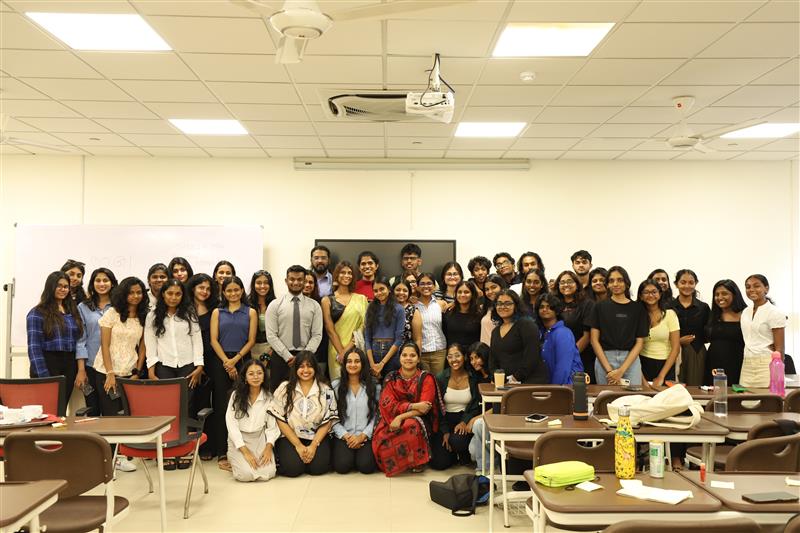Bridging the Gap: Exploring Gender Transition and Mental Health in Psychology Education

Bridging the Gap: Exploring Gender Transition and Mental Health in Psychology Education
Note: This article discusses topics of gender transition, gender identity, and mental health, which may be sensitive to some readers.
At a time when conversations about gender identity are finally finding their way in mainstream discourse, it is crucial that education keeps pace with these evolving social realities. we embraces diversity, encourages open-mindedness, and fosters a non-judgmental learning environment. This ethos was beautifully reflected in our recent outreach program on Gender Transition and Mental Health, conducted for psychology undergraduates at the Royal Institute of Colombo (RIC) in partnership with the National Transgenders Network (NTN) of Sri Lanka.
This initiative wasn’t just a lecture—it was a journey into understanding, where academic knowledge met the lived realities of transgender individuals in Sri Lanka. By focusing on gender dysphoria, the psychological complexities of transitioning, and the unique social challenges faced by transgender people, we aimed to give students a holistic, human-centered education.
What made this session truly impactful was the unfiltered, raw narratives shared by members of the transgender community. These first-hand accounts allowed students to go beyond textbook definitions and statistics—giving faces, voices, and stories to concepts like gender identity, stigma, and mental health struggles. It was an eye-opening reminder that behind every clinical term is a human being deserving of dignity, respect, and compassionate care.
For our future psychologists, this experience was a transformative step towards:
- Building cultural and gender competence in clinical practice
- Understanding the unique mental health needs of transgender individuals
- Breaking unconscious biases and moving towards more inclusive psychological care
- Linking theoretical learning with real-world application
At RIC, we believe that psychology education should reflect the world we live in—diverse, complex, and deeply human. By incorporating outreach programs like these, we are shaping not just knowledgeable graduates but empathetic, socially responsible mental health professionals.
A heartfelt thank you to the National Transgenders Network and all the courageous speakers who shared their stories. Your openness is helping to shape a more understanding and inclusive generation of mental health practitioners.
Here’s to building a future where every individual is seen, heard, and supported—because true mental health care is inclusive, affirming, and built on empathy.





